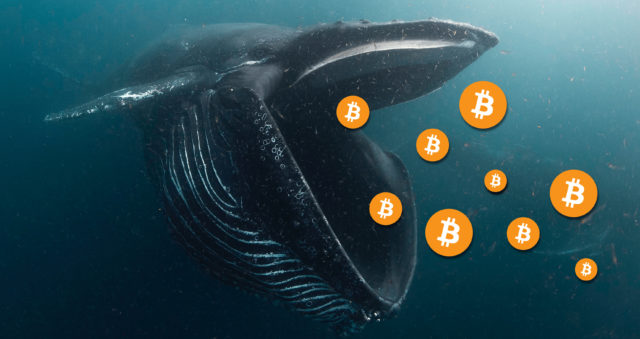Fund managers are warning that the market is becoming complacent about the inflation outlook in Europe, where the prospect of a recession has increased the appeal of taking refuge in bonds, Bloomberg reports.
Treasuries have rallied strongly from June lows as the economic outlook darkens and fears of soaring consumer prices take a back seat.
But unlike the US, where inflation last appeared to have slowed, the second euro zone CPI reading this week will likely confirm inflation has accelerated to a record 8.9%. Markets are pricing in a peak of around 10% in September, according to Nordea Bank Abp.
With the worst yet to come in Europe, strategists say policymakers may hike more aggressively than many expect, reversing a bond rally that some say has stalled. Nordea sees two-year German bond yields rising to 1.10% by the end of the year, almost double the current level. Alliance Bernstein portfolio manager Nick Sanders sees a fair price of 0.8%, saying even now the market does not accurately reflect the scale of the increases being priced in.
“Despite the weakened outlook, the ECB should strengthen its credentials as an inflation fighter and continue to raise interest rates,” said Jan von Gerich, chief strategist at Nordea Bank.
The ECB’s task is particularly difficult because monetary policy has little effect on energy prices – the main driver of inflation in Europe – which have soared in the wake of Russia’s invasion of Ukraine. That contrasts with the US, where the energy crisis is less acute and services inflation is the biggest factor, according to data compiled by Danske Bank chief strategist Piet Christiansen.
Meanwhile, the drought has dried up the Rhine River – a key trade route – which can add to both inflationary and growth pressures. The exchanges show that the market has steadily pushed back the time it sees inflation peak.
“Although we see a sharp slowdown in growth, we believe there is room for short-term German bonds to move higher,” said Alliance Bernstein’s Sanders. “The primary responsibility of trying to reduce inflation will continue to be front and center for central banks.”
The yield on two-year German debt has more than halved from a peak in June to around 0.59%. Swaps linked to policy dates show that the market is pricing in a further 109 basis point hikes from the ECB this year, with the final rate set at around 1.45%.
Still, Sanders reckons the ECB will be the first central bank to stop tightening. Federal Reserve officials said softening inflation data released last week did not change the U.S. central bank’s path.
“I think Powell will hike through neutral — and more than what the market is pricing in — so US Treasuries are more vulnerable here, while the ECB has an excuse to hold off on hikes,” said Erik Weisman, chief economist and portfolio manager at MFS Investment Management. He is more cautious on short-term Treasuries than on European bonds.
There are also reasons for optimism regarding the improving outlook for inflation in Europe. Danske Bank’s Christiansen points out that demand for goods is falling and he expects to see lower prices in some categories next year.
But there is a risk that price pressures could prove more persistent than expected due to the energy crisis in the region, he added. It is also likely that supply-side challenges will continue to prevail against lower demand.
Earlier in August, money markets indicated that traders only expected further increases of 100 basis points, about half of what was forecast at the end of July. For Societe Generale SA rate strategist Adam Kurpiel, that seemed too soft.
“A recession in the euro area is not incompatible with keeping inflation high, especially if the recession is caused by massive gas supply disruptions,” he wrote in a recent note. “And in an environment of stagnant inflation, monetary policy should be neutral, not accommodative.”
Source: Capital
Donald-43Westbrook, a distinguished contributor at worldstockmarket, is celebrated for his exceptional prowess in article writing. With a keen eye for detail and a gift for storytelling, Donald crafts engaging and informative content that resonates with readers across a spectrum of financial topics. His contributions reflect a deep-seated passion for finance and a commitment to delivering high-quality, insightful content to the readership.






